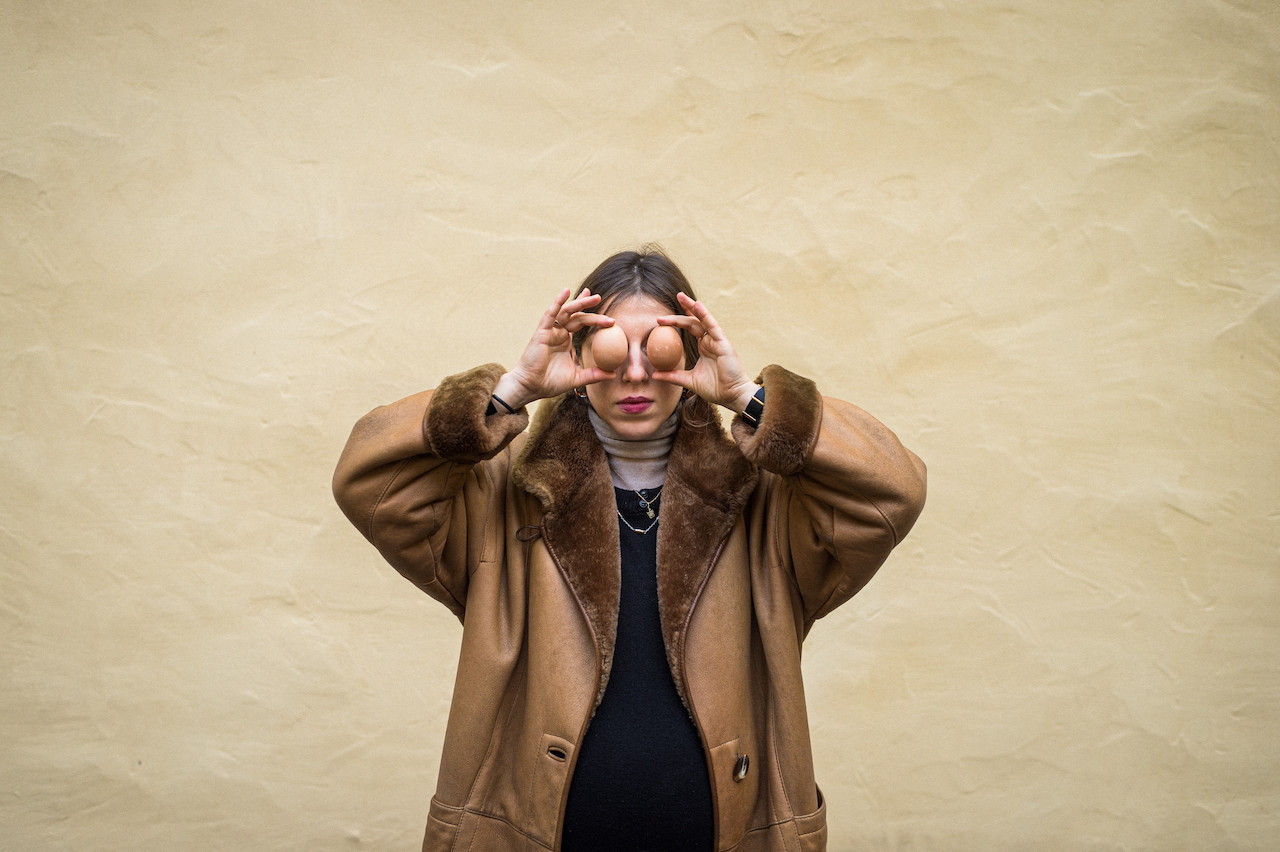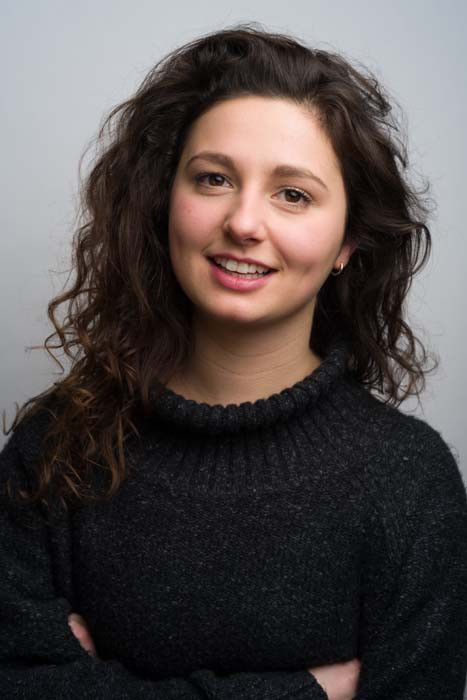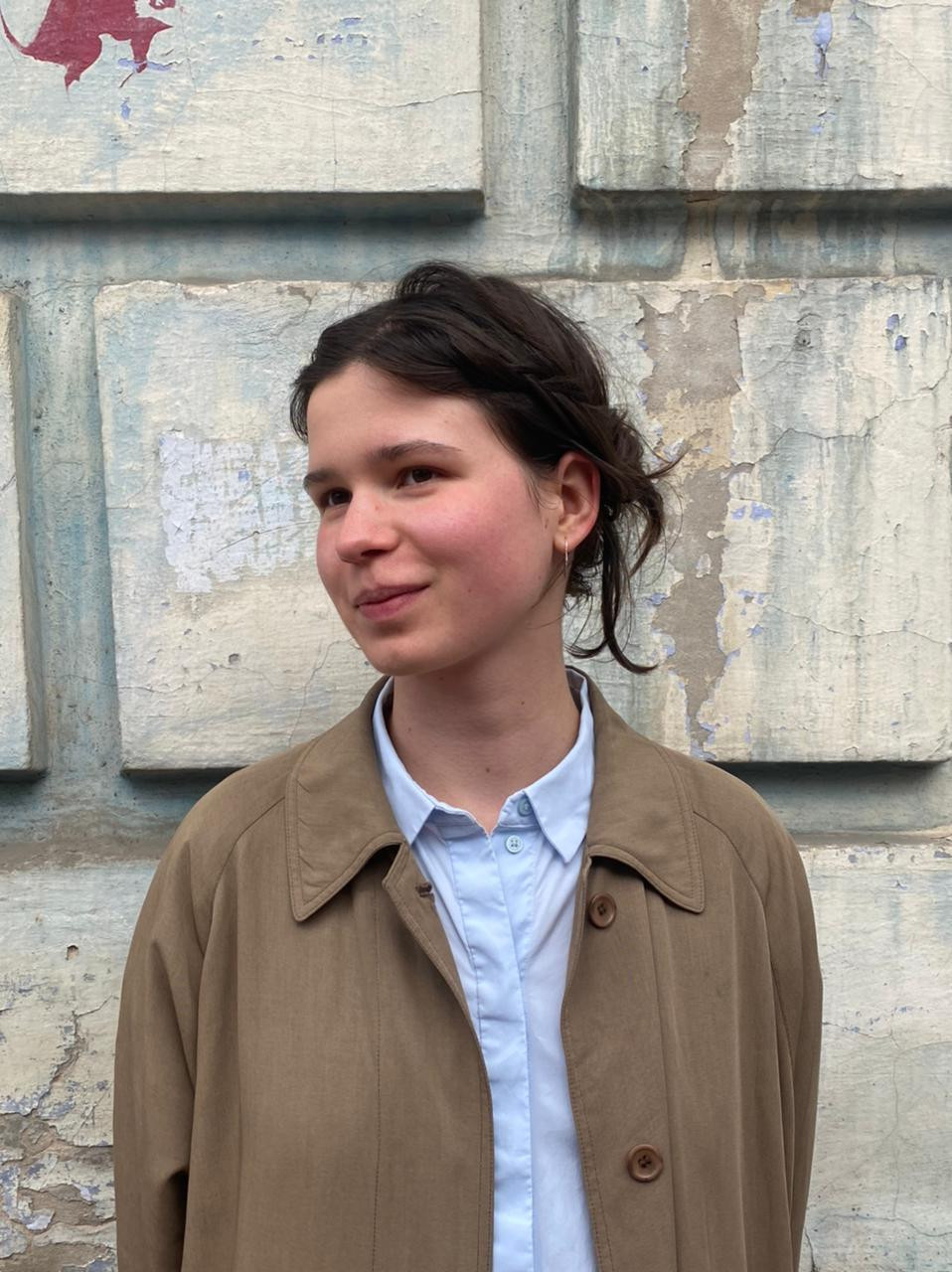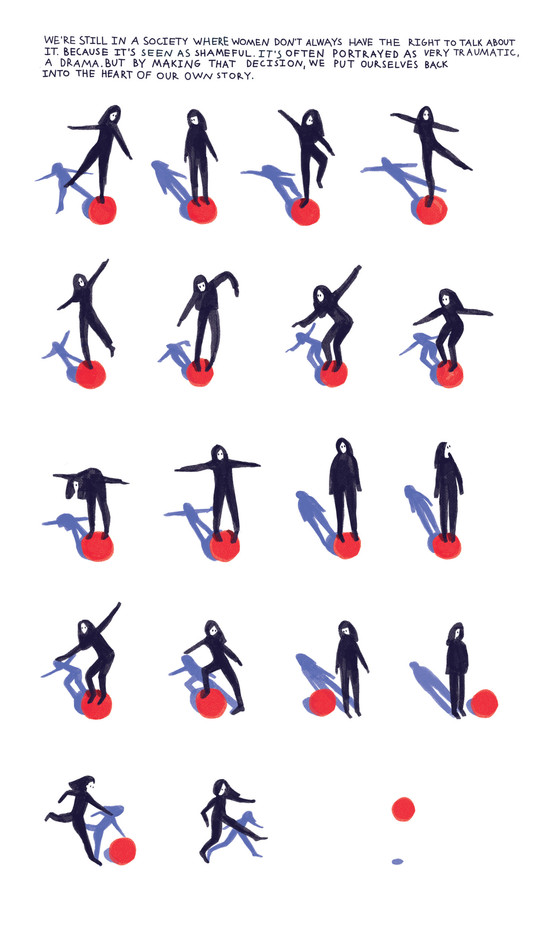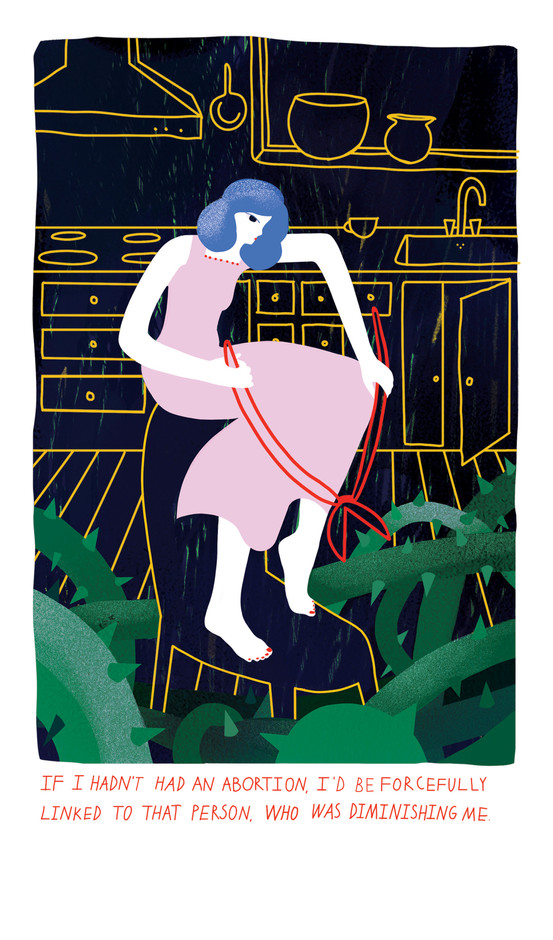Abigail Okorodus: Can you provide a brief description of this project--the illustrated book, the show and the story behind the scenes?
Larisa Faber: They sort of started at the same time. The idea of the book was there from the beginning because I wanted to have a tangible object, something that cannot be refuted that encapsulates the stories that people have shared with us from across three countries--Luxembourg, Lithuania and the United Kingdom. I approached Lilly Burton [who edited the book] under a sort of random or auspicious circumstance [laughs]. We met in London and then I sort of followed Lily's work and I was really inspired by what she’s doing. So she was the first person who popped into my mind when I thought about who could be editing this book.
Lilly Burton:I got all of the transcripts through Larissa who did the initial interviews with the women. At the beginning I felt quite overwhelmed...[but] I wanted to make sure that we were telling these stories to make every woman their own hero in their own story, that no one has been a victim to this, that it is something that is an empowering decision, that we're empowering these women by allowing these stories to be told and capturing the essence of each story… It felt incredibly cathartic and really empowering and it felt like a community and a covenant. It just felt really nourishing to sort of absorb these stories and I thought it was going to be difficult but actually it became a really beautiful experience. As women, I think our bodies are so politicised and we're constantly misinformed or uneducated about our own bodies to disempower us. But what this book really gave to me is just the real true sense of power in body ownership. It was really a big honour and every woman who shared their testimony had a very unique voice, and I laughed as a lot as there were moments of real points in emotion… The size of the testimonies varies from five to 14 pages. The initial edits were the hardest bit and then when I had the final edit, it suddenly became very clear what each story's real core was.
We see women as young as 24 years to 56-year-olds sharing their experiences in the book. Was that intentional when you selected interviewees?
LF: To be honest, I didn't choose anyone. I was very grateful for any person who wanted to share their story. The only thing that was important was that we'd have people from the three partner countries--Luxembourg, Lithuania and the UK. We were hoping to get as much of a range as we could possibly have and so every person who was willing to share their story, I was very grateful. Every conversation was like two hours, so the transcripts were really long to transcribe. They are transcribed word by word, including their speech patterns and repetitions and then I translated it into English or the ones that weren’t into English so that they could make sense of them. Our dramaturge did the ones in Lithuania and then our production manager translated to Lithuanian.
The edits and the work by Eleonora Lushchyk [the Ukrainian artist who worked on the illustrations] really make the book. It complements the show, but it really works as a as standalone book. And also, the book is available freely--so it's pay-what-you-can donations-- because the idea was that anyone who might find comfort or support by having it should have access to it. I've learned a lot by speaking to these people. For instance, the first person whose story opens the book, Elsa, they are non-binary, and they speak about their experience--this was on the sort of the periphery of my knowledge, so I was really sort of, schooled by Elsa. People have agreed to use their names and some don't want their names to be credited, so that's why it says anonymous. Some only wanted their first name, one person wanted initials, so we sort of went with what their wishes were.
What’s the story behind the title?
LF: The title is sort of taken from one of the stories, a person from Luxembourg called Katja. And she spoke about herself sort of in those terms. She uses Luxembourgish so it's sort of the equivalent of that when talking about herself as a younger woman. She said: “I used to be such a good girl” and she meant it in a kind of ironic way. And [mirrors] all the expectations that were placed on her. And many people had similar reflections. They spoke about the weight of their education--what is expected of them and how they're supposed to behave--and so I thought it's an interesting title because it encapsulates both the pressure and the expectations on how you're supposed to feel if you have the experience of an abortion. The feeling of relief is as taboo as the procedure itself. If you're allowed to speak about it, then only if you sort of self-flagellate. To say it was a relief or lifesaving procedure is quite a taboo thing to say. So what is expected of us is to be sort of good, whatever that means.
Can you share more details about the show and what to expect?
LF: Actually, it’s the first time I'm doing a show that is not aimed at an English-speaking audience in Luxembourg--so the whole show is captioned, and in Luxembourg, all of the captions are in French. And then in Lithuania, they're all in Lithuanian, and then in the UK they're all in English. Even though what they speak on stage, I'd say that 60% is in English and then the rest is other languages. If you only speak English, you will get most of it. But it helps if you also speak French. But the book is fully accessible to an English-speaking readership.
The play will be shown in Luxembourg before the other countries. Presentation will take place at the Escher Theater from Tuesday 8 November until Saturday 12 November at 8pm. A school performance will take place on Friday 11 November at 10am. A round table discussion in the presence of Planning Familial and the artistic team will take place after the performance on Thursday 10 November at 9pm.
